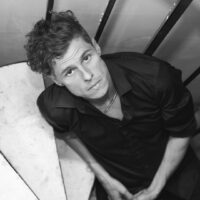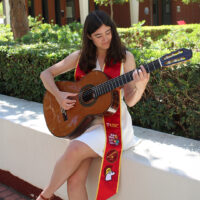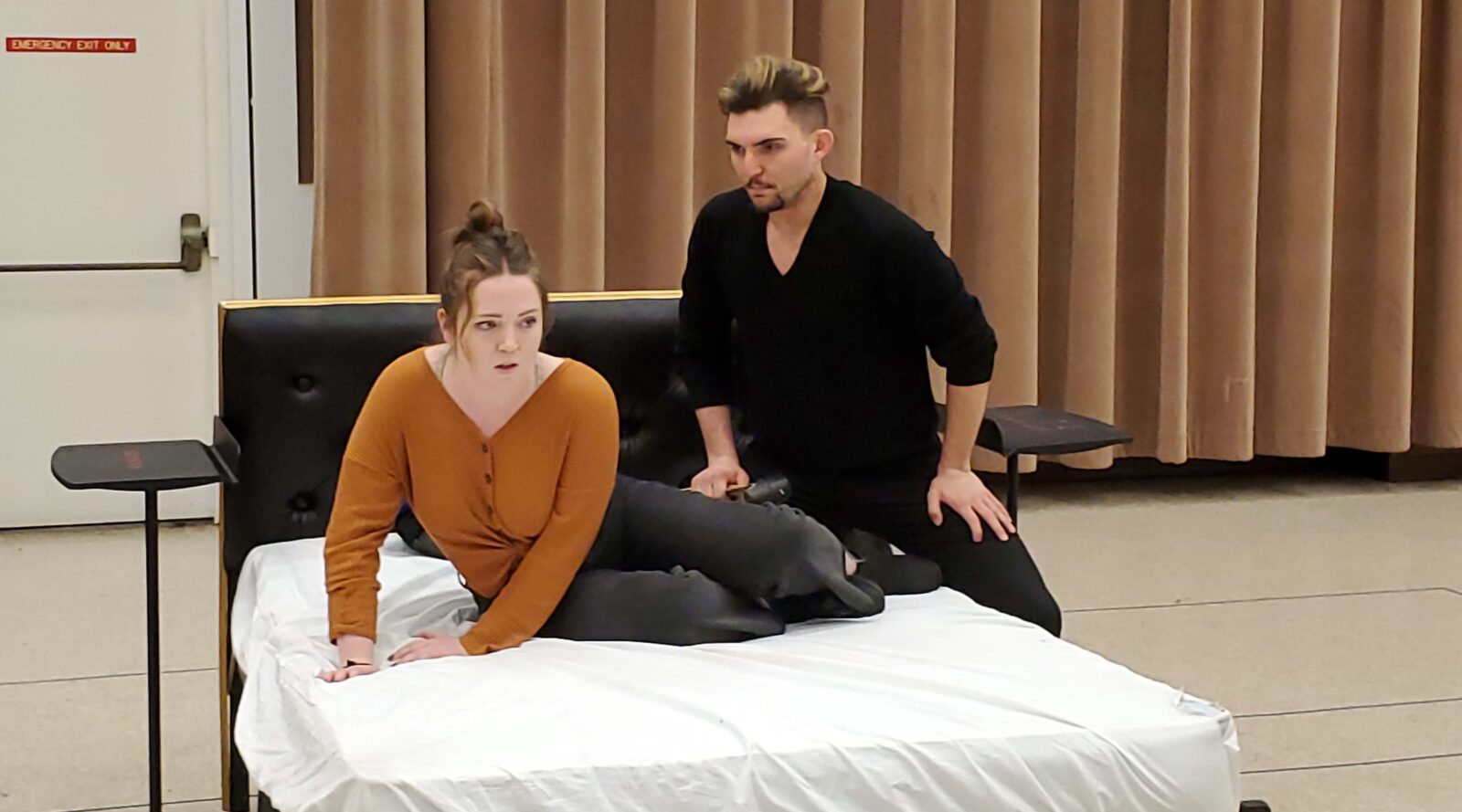
The Marriage of Figaro
The principals of the USC Thornton Opera’s production of “The Marriage of Figaro” reflect on their time at USC.
By Damien Elwood
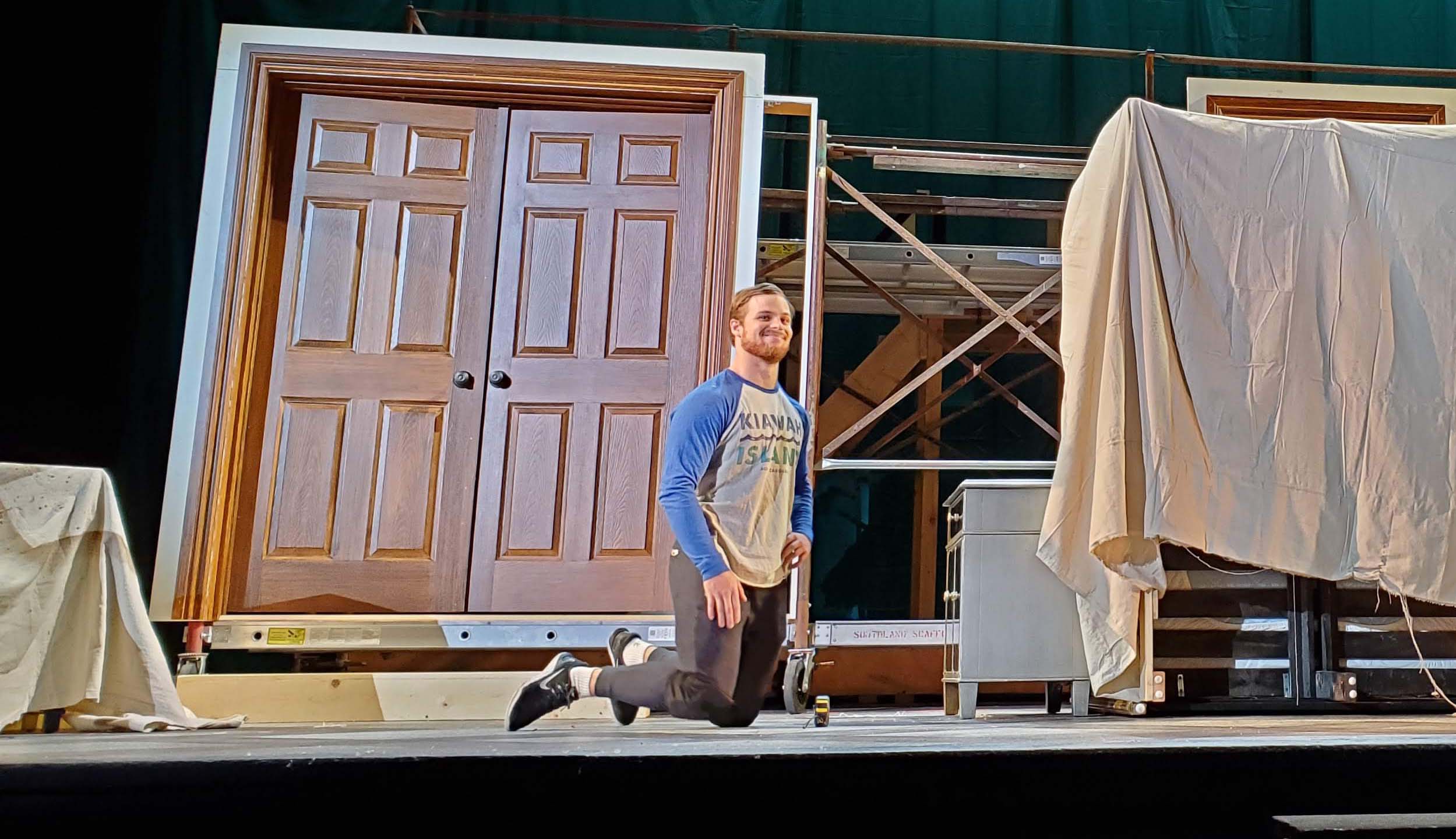
Peter Barber rehearses for “Le nozze di Figaro,” opening tonight at the Bing Theatre.
Vocal Arts Master’s students Kaileigh Riess and Peter Barber are set to perform in the USC Opera program’s rendition of Mozart’s iconic Le nozze di Figaro. We chatted with both singers as they prepare to take the stage for the final USC Opera program of the year.
The production, presented in collaboration with the USC Thornton Symphony, opens tonight and runs through this Sunday at the Bing Theatre!
Kaileigh Riess
Talk about your role of the Countess in Le nozze di Figaro.
I was originally auditioning for the part of Susanna because the Countess didn’t even enter my mind as a possibility. The Countess is a super rewarding vocal role. Some of the most beautiful music Mozart wrote is for the Countess. I get to explore this woman who is so witty in the first opera, The Barber of Seville, but in this opera has given up her power. She ultimately finds ways to rediscover it and, in the process, becomes a completely different person. As an actress, it’s so rewarding.
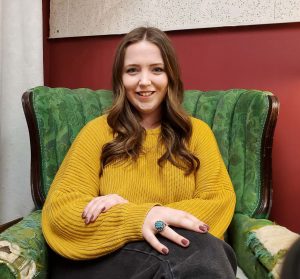
Kaileigh Riess.
You just finished your Master’s recital. How was it?
It went really well. I have been working on the music from my recital since I got here last year. Recitals, I think, are somehow more daunting than operas because the focus is solely on you for an hour of singing. But I think I was the as prepared I could have been, so I was able to be present on stage.
I picked a Strauss set that I loved and Heggie set that’s more of a character piece. You don’t want recital pieces that you’re not enamored with because you work on the music for so long that things can get stale. I also did a set that my friend, Timothy Peterson, composed for me. It was in a USC class that combined the skills of poets, composers and singers to create and perform music. The piece went from being a class assignment to something I have taken with me throughout my two years here and will continue to use.
So, you’re almost finished with your Master’s degree in Vocal Arts. How do you feel about USC Thornton?
Best decision ever. I definitely would not be where I am vocally if not for the guidance of the amazing faculty, Maestro Brent McMunn and Ken Cazan, as well as my teacher Elizabeth Hynes. I met Ken while performing in The Ballad of Baby Doe as part of a young artists program in Central City. I thought no one would pay attention to my small walk-on part, but Ken took time to work with me. That kind of personal direction and conversation inspired me to attend USC Thornton to study with him.
Some of my favorite moments with my classmates and faculty have been in Figaro rehearsals the last couple of weeks. The energy is palpable. I forgot how fun it is to do a comedy. There is a lot of specific timing that, when you nail it, is so rewarding. Being in that space with music that I’ve been in love with for so long has been some of the best times so far.
The next few years I will study at Boston University’s Opera Institute. That would not have been possible if I were not on the track I’ve been on here. It’s good to have things coming up around the corner, but I’m already getting sentimental about leaving. I don’t want to yet. I’m soaking up every second I have left.
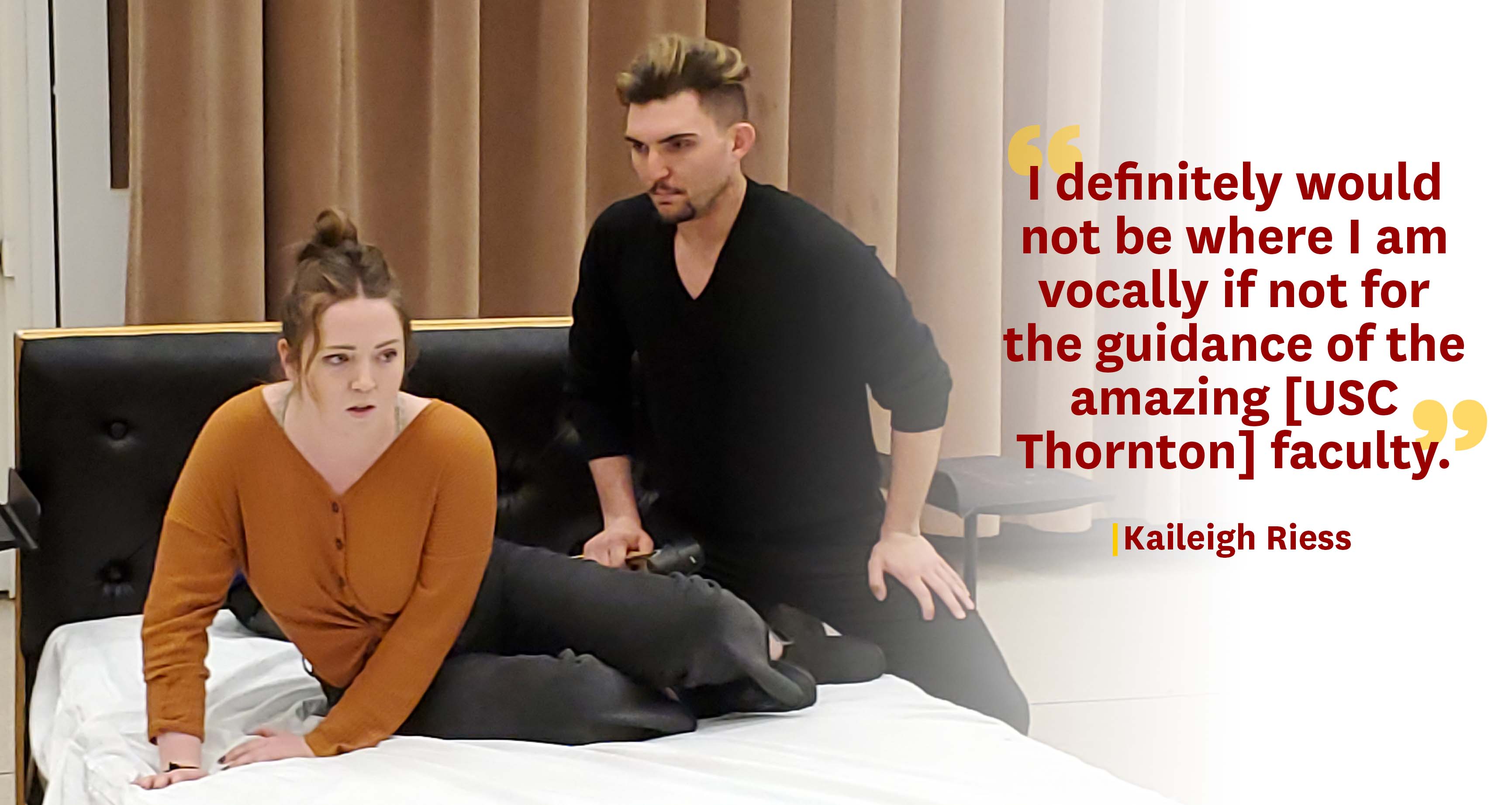
Peter Barber
Los Angeles is a significant change for you. Where did you come from and how did you end up in the Vocal Arts department at USC Thornton?
I grew up in Crozet, which is about 15 miles outside of Charlottesville and the University of Virginia. I’m actually outside of the suburb of Crozet, on a mountain; so I didn’t grow up with neighbors, but thankfully I had a brother.
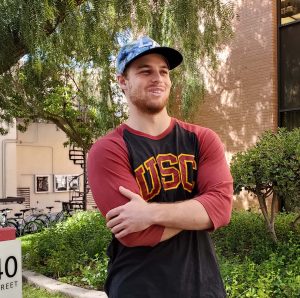
Peter Barber.
I was in choirs growing up and in high school, I joined a jazz singing group. Before senior year my mom said, “You have like a classical-sounding voice.” I guess because it was big and kind of low. I was 100% going to go to college for sports, but I had a couple voice lessons at UVA right before senior year, and the voice teacher suggested I apply to college for music.
I ended up getting better offers for music than I did for football or track, so I did voice at the University of Miami during my first two years of undergrad. I didn’t know what I was getting into when I went off to college and got completely sick of it after two years. I always loved singing, but it had never been forced on me like it was when I got to school. So I transferred to James Madison University in Virginia and switched majors to music production.
When I started my graduate applications, I was applying for music production. But right before pre-screenings were due, I realized I wanted to do voice instead. I chose to go to USC because I had always felt drawn to California. I came to campus for the live audition and was sold after having a lesson with Rod Gilfry. As soon as I decided on grad school for voice, my interest snowballed.
How do you like USC?
I’ve liked it a lot. I lived in a rural environment most of my life, so being in the city has been cool. I try to avoid driving when I can, so I bike to class. It’s easy, and I never have traffic. I get all the good stuff—the sunshine, the nice people and the music school.
By the time I arrived, I knew opera was what I wanted to do. Thornton’s intensity didn’t threaten or scare me; it’s actually a big plus. The long rehearsals are great. Classes like vocology and acting help me as a singer and a performer. The only thing that’s proven to be a challenge is balancing everything. I have all the normal Master’s studies, plus auditions and traveling for competitions, all with around 10 hours of teaching throughout the week. It’s near an 80-hour week, which is nuts. But I enjoy everything.
You’re singing the role of Figaro in Thornton’s Le nozze di Figaro. What else do you have coming up?
I knew even before coming here that we were doing Le nozze di Figaro and, of course, I wanted to be Figaro. It’s a big role. I learned most of it over winter break in about three weeks because during school there’s not time to learn that much music and recite.
This summer I have the principal bass role at the Music Academy of the West’s production of Cold Mountain. Later in the summer, I’m singing Sarastro in The Magic Flute in New York. I have gone from four to ten roles in one year, and it’s been a blast. I’m at the point where I love ordering a new score online, watching the opera while I’m reading it, and seeing all the nuances in the character.
I hope to put a lot of my personality into the character. He’s supposed to feel young and light. He thinks on his feet all the time, and I’m always doing that. It’s been fun putting ‘me’ into the character as opposed to having to do too much adaption. It feels natural.
These interviews have been edited for length and clarity.
Thursday, April 18 – Sunday, April 21
USC Thornton Opera presents Le Nozze di Figaro
Bing Theatre
Free for USC students, faculty, and staff with valid ID. General public, $18. Seniors, alumni, and non-USC students, $12. For tickets, call (213) 740-4672 or visit usc.edu/tickets.
